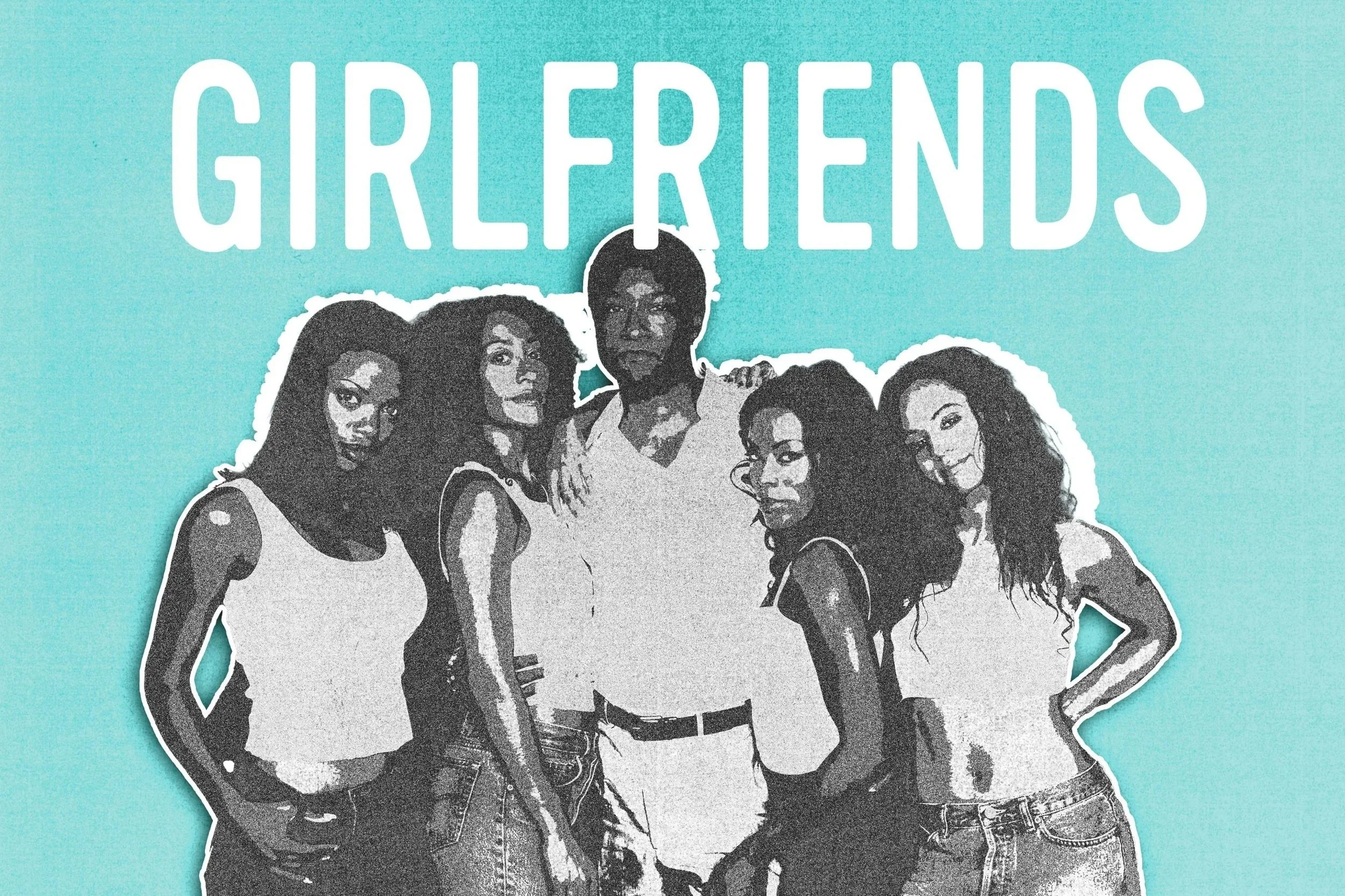Observing Comedic Communication Style- What We Can Learn From It

Observing Comedic Communication Style- What We Can Learn From It
A couple of months ago, I had the opportunity to be a paid background audience member for the popular game show Family Feud hosted by Steve Harvey. It was an incredible experience, but what stood out to me the most about being a part of the behind-the-scenes making of this popular game show was how Steve Harvey used his comedic communication style. He used it to be blunt and discuss serious topics that most people try to stray away from in public with the audience members between taping.
Whether the audience in the room agreed or disagreed with his perspective on the United States' current political and social climate, the audience respected his voice on serious issues. I believe his experience with comedy played a massive part in building that courage to be bold and take a stance on what he stands for, despite what others may think. If many people were to implement the various elements of comedy in their everyday lives and conversations, it would improve their confidence to have a voice and initiate complex discussions.
Comedy Helps With Initiating the Tough Conversations
Implementing a sense of comedy into our daily conversations can allow us to create a dialogue around serious matters such as politics and social injustices by using our cultural differences and opinions to suggest better outcomes. As a society, many people are aware of the many issues that are taking place in their environment culturally and systematically; however, for the sake of peace, many people have adopted the practice of not addressing these issues in public so as not to cause any more conflict than what is already occurring around them. Oftentimes, keeping quiet on the hard conversations of social injustices and group disparities minimizes one's possible progressive voice and creates a settling comfort of accepting living in a problematic social climate. Utilizing humor in this circumstance can help build a conversation and laughter around the ridiculous around us, such as stereotypes placed on individuals and groups, silly and serious current events, and ignorant statements that make you so stunned that it is pretty humorous.
From there, many people can lean towards saying their suggested a solution to the problem, inviting others to feel more open to sharing their thoughts on their stated solution while chiming in with it. Using comedic relief as an avenue to push the boundaries of social and political issues leads to progressive dialogues and later progressive actions after breaking the barrier of peace of silence towards societal issues.
There's a Truth in Every Joke- The Harms of Comedy
Like in regular dialogue without humor present, it is essential for many people not to use comedy as a way to promote passive ways to exchange hateful comments that will hurt someone's emotional well-being. I know you are probably thinking, "You just encouraged us so we can use hard topics like cultural differences, stereotypes, and ignorant political statements as a way to bridge progressive conversations. How on Earth can we do that without being responsible for the sensitivities of others?" Well, you are not alone in that dilemma because many comedians are wondering the same thing as they are trying to use their voice to speak up without backlash that may ruin their reputation and wallets. A best practice to keep in mind when using comedy as a way to confront social issues and the people it applies to is asking oneself, "If I were to take the joke out of what I said, are my comments promoting hateful views or actions towards an individual, group, or entity?" Thinking before one speaks and ensuring one can add to a progressive conversation without promoting hate and anguish will help someone effectively protect others' well-being in a tough conversation. Also, it is crucial to read the room of who you are having these tough conversations with, especially when it calls for adding comedic relief to the mix. Gauging the environment you are speaking to can help you select an appropriate tone and language for a progressive conversation with comedic anecdotes. Honorable mention, do not attempt to blame shift on the person who becomes offended, even after you take the suggested measures stated to have a progressive conversation by adding a little humor. Instead, acknowledge the other person's feelings and apologize if deemed necessary.
Ultimately, many people may disagree with your opinions on specific issues, and it is difficult to appease everyone with our views; however, as long as your input does not promote hate or harm, your voice is valid.
Implementing Comedy In Daily Communication Creates Fun and Impactful Conversations.
Like the many forms of communication, there are so many different elements of comedy that can help more people adopt transformative ways to express their true selves, tell their own stories, enlighten others, and heal others. Consider using comedic strategies such as self-deprecation humor, current event jokes, and unexpected endings to embrace your flaws, stay informed about the world, and adopt an appreciation for unforeseen outcomes. Also, observe the consequences that many comedians have faced while using their voice to speak on sensitive topics.
Yes, implementing humor can soften up the moment to address serious issues in most cases, but it is best to gauge who you are voicing your opinion to. Is this topic appropriate to address to a child with your employer? Will this comment further spread ignorance that can harm someone's cultural reputation? It is essential to access your thoughts before speaking them aloud. (Dave Chappelle can gauge his audience and use his words intentionally while expressing his unhinged personality.)
In all, observing and applying the ways of comedy will ensure many people can be their authentic selves, have a voice, and uplift others by engaging in conversations that make our hearts smile even through difficult moments.




